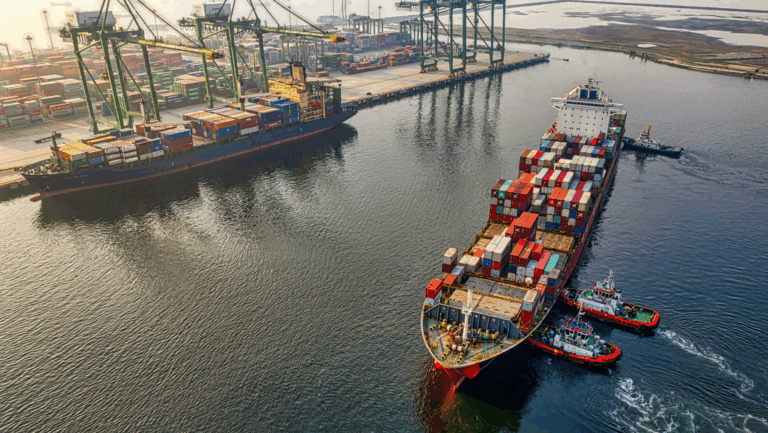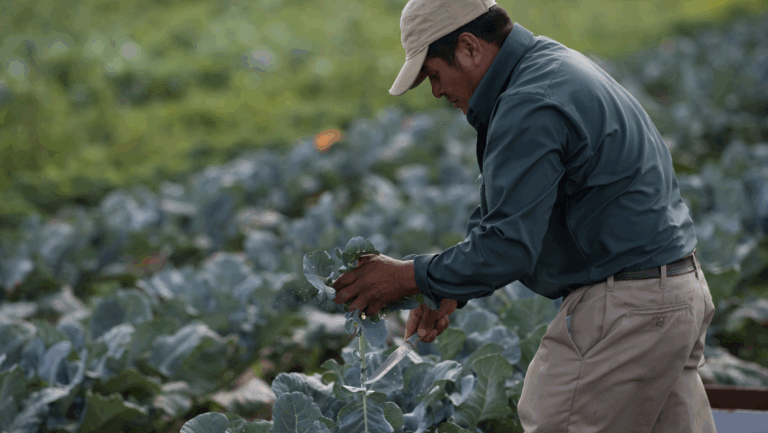The Future of Hydroponics
Hydroponics is Shaping the New Way of Indoor Farming
The activity of indoor farming through hydroponics – growing plants without soil, instead using a nutrient-rich solution to deliver water and minerals to their roots – is a unique way to help produce enough food to sustain a growing population. This way of farming has been around since the 1930s, and the thinking behind it was simply to control the environmental factors that plants face outside to produce a greater output of crops. Hyrdoponics is a subset of hyrdroculture for growing plants without soil.
What is hydroculture?
Hydroculture is a type of high-volume production without the use of soil or conventional fertilizers. It allows farmers to grow anywhere and at any time of the year without regard to soil conditions, water limitations, the climate, or pest control. Vegetables that grow well through hydroculture includes lettuce, tomatoes, and peppers which grows best in a greenhouse with an abundant of sunlight. Lettuce is also well-suited to hydroponic farming in a deep-water raft system, which can produce more per square foot than in a vertical rack.
Hydroponic systems produce fresher fruit than growing them outdoors where farmers face environmental factors such as chilly weather and overbearing heat. As technological advancements improve in agriculture it’s now possible for a farmer to maintain control over flavor, aroma, vitamins, and the environment by farming indoors. Aside from hydroponics, there are other ways to produce crops indoors such as aquaponics, vertical farming, and aquaculture.
Each system will be different and can grow crops using a greenhouse, storage containers or refurbished buildings and warehouses.
Is indoor farming profitable?
The question remains, though, can a person make a living on indoor farming? The answer is yes, but there is a startup cost that can run about $110,000 which includes buying growth towers, lighting units, light racks, and a nutrient reservoir. Furthermore, farmers take less of a risk with hydroponics as the volatility of external factors decreases from growth to sale.
If you are interested in hydroponics and indoor farming, or would like to expand and diversify your operation, contact our land loan professionals to discuss customized loan options that meet your long-term needs.






